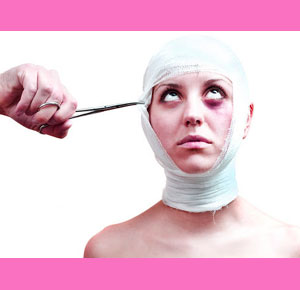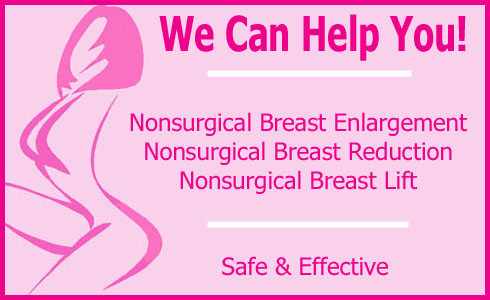
Plastic surgery addiction is a relatively new societal phenomenon which is growing year by year. Many women who enjoy the emotional and physical benefits of cosmetic surgery have become professional patients and spend most of their time researching surgery, planning surgery, having surgery or recovering from surgery. While aesthetic procedures can enact incredibly positive changes in the mind and body, even good things can be taken to an extreme.
This essay details the cosmetic surgery addiction problem in the modern medical industry.
Plastic Surgery Addiction Defined
First of all, cosmetic surgery addiction is a completely real condition and is no laughing matter. Some people literally become obsessed with the aesthetic surgery industry and set out to rebuild their entire body from the ground up.
Many of these patients begin their journey simply wanting to correct a few specific anatomical issues, but progress to addiction after completing their initial surgical desires.
Once these patients have fixed all their original bodily complaints, they find themselves searching their anatomy for additional regions to alter, fix or correct.
Eventually, it is not a matter of what type of procedure is being undertaken, it is simply the obsession with surgery itself which brings these patients back to the operating room time and time again.
Causes of Cosmetic Surgery Addiction
Cosmetic surgery addiction can affect people just like any other form of dependency. While plastic surgery does not offer a physical fix like drug addiction, it does satisfy a psychological need, like gambling or sex addition.
Patients might encounter a surgical dependency for a number of reasons. The most common contributors to cosmetic surgical addiction include:
Addictive personality can make a person prone to dependency issues and can get them hooked on almost anything.
Obsessive compulsive disorder can cause body image compulsions, which drive the patient to make change after change. These compulsions are sometimes completely irrational, but extremely powerful.
Positive surgical results can cause some women to gravitate towards additional surgeries. Women who are pleased with their new body might seek to make more drastic changes to improve even more. While undergoing a few specific procedures does not qualify as an addiction, some patients simply can not stop.
Unsatisfied emotional motivators can cause the woman to continue in her search for an emotional placater. Sometimes a patient thinks surgery will cure some unresolved emotional issue, but fails to do so. These patients often continue to look for a surgical cure which will finally put their internal motivating issues to rest.
Treatment for Plastic Surgery Addiction
An ethical and socially responsible plastic surgeon will always watch out for signs of surgical addiction. While it might affect their financial bottom line, it is the moral obligation of a good surgeon to counsel affected patients regarding additional procedures.
There is a time when too much surgery can create a distorted body and emotionally unstable mind.
In addition, constant operations weaken the immune system and might cause long-term health consequences.
Patients with overwhelming desires to seek out a procession of surgical fixes should get help from a qualified psychological professional.
Help for Plastic Surgery Addiction
Cosmetic surgery is a nice addition to one’s quest for bodily satisfaction. The journey to become the person we hope to be often entails a physical change somewhere along the way.
Most patients who use cosmetic surgery to achieve their aesthetic goals will never experience a problematic addiction. However, some unfortunate patients might develop a real need to recurrently go under the knife.
If you, or someone you know, has a cosmetic surgery addiction, you must get help. Talk to your cosmetic surgeon for advice on breaking yourself of the compulsion.
If you can not fight the feelings on your own, seek professional psychological help. There is no shame in admitting a dependency. In fact, admitting an addiction problem is the very first step in the recovery process.




